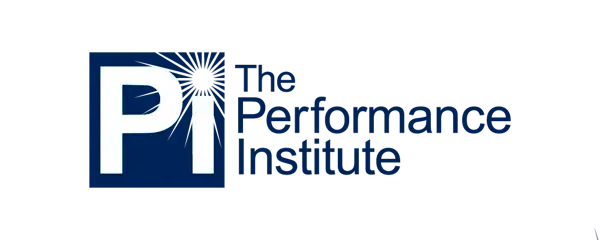Introduction:
In our ever-evolving landscape, operational efficiency is pivotal for organizational success, particularly in government contexts. Striking the balance between risk and reward can be daunting, but with the right insights, it's achievable. Through my experiences navigating this terrain, I've distilled key factors that influence government efficiency strategies. This post explores these, leveraging real-life scenarios and personal reflections to unravel the intricate dance between risk management, communication, and project execution.
One primary factor to consider when crafting efficiency strategies is an entity's risk appetite. Risk appetite differs at personal, organizational, and corporate or cultural levels. It's crucial to note that these appetites can be quite diverse, depending on the situation or challenge under review.
1. Understanding Risk Appetite in Decision Making
In the political context, for example, there's typically a higher risk appetite. The reason being that political parties aim to effect positive changes within their first term in office, keeping an eye on reelection. This inclination allows for significant latitude in policy and process development. However, government officials should remain vigilant, looking out for potential issues that could hinder progress due to policies, laws, and other related factors.
2. Career Government Employees and Risk Aversion
In stark contrast, career government employees tend to be more risk averse. From my experience, the perception of the government moving at a snail's pace is largely due to the high stakes involved in federal leadership. Failed projects can drastically impact careers, which no one wants. Reportedly, about 70% of federal policy projects fail, hence the general reluctance to lead or rapidly progress these initiatives.
3. The Power of Communication in Project Execution
Communication forms the bedrock of any project. Understanding an organization's espoused values – what it explicitly states it wants to do – is just as critical as recognizing its basic underlying assumptions – the unspoken factors influencing its projects. It's essential to actively listen for unspoken sentiments during meetings to identify these underlying assumptions.
4. Embracing the Diversity of Organizational Goals
Furthermore, understanding that there are diverse goals within your organization is critical. This fact holds true regardless of the type of organization you work in. For instance, when the use of disruptive technology was suggested in one of my experiences, it was met with resistance. Disruptive technology inherently challenges the status quo, but asking the right questions can reveal its potential value. Questions like: Is the outcome for efficiency? What is the cost? Here, the cost could mean acceptance or the struggle to implement new technology.
The concept of return on investment (ROI) within the federal government often extends beyond monetary measures. From my perspective, ROI can be viewed as capacity building – providing employees with the time to do more. If a bot can save an employee 30 minutes each day, that translates to two and a half hours per week.
Keeping all relevant parties updated is also paramount. Unfortunately, I learned this lesson the hard way when I found out that updates, I had been providing to a mid-level manager were not being passed on to the assistant secretary. This situation was a huge setback for all involved. I'd suggest you schedule your own updates and include inline management when communicating with senior-level officials.
5. The Importance of Regular Updates and Direct Communication
It's also vital to remember that each time a message is passed along, its meaning can change, just like in the childhood game "Telephone." Therefore, directly controlling as much of the messaging as possible can significantly benefit your project and its acceptance.
In conclusion, while project failure within the federal government can be damaging to careers, regular updates, communication, and understanding your organization's risk appetite can significantly enhance project success and organizational efficiency.
If you're interested in learning more about Organizational Change management, consider enrolling in our upcoming course Fostering Continuous Change on October 26, 2023. Our course is designed to Acknowledge the importance of the support function roles to enhance the learning capacity and capabilities of your team.














